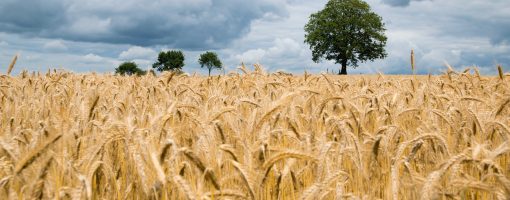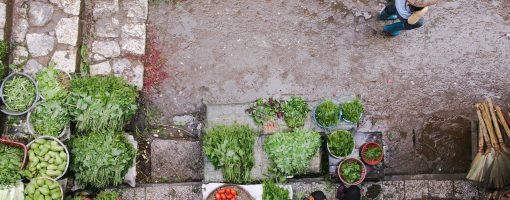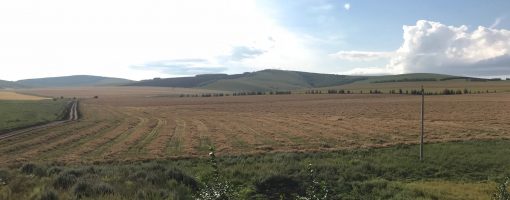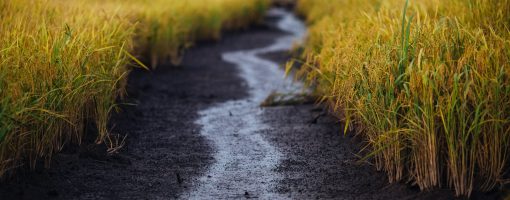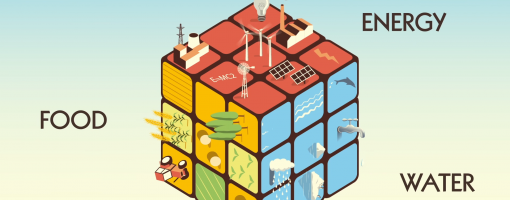Vegetable safety is a public concern in Laos, Cambodia, and Viet Nam—developing countries in Southeast Asia. Eliminating this concern requires insight into factors shaping it. Food risk perception might differ among countries due to the dissimilarities in culture, social, and economic conditions. However, an understanding on this difference is lacking in Southeast Asia. This paper...
Nguyen, T., Ha, T., Boulom, S., Voe, P., Heang, C., Ha, D., . . . Pham, D. (2020). Consumers’ risk perception of vegetables in Southeast Asia: Evidence from Laos, Cambodia, and Viet Nam. APN Science Bulletin, 10(1). doi:10.30852/sb.2020.1130


